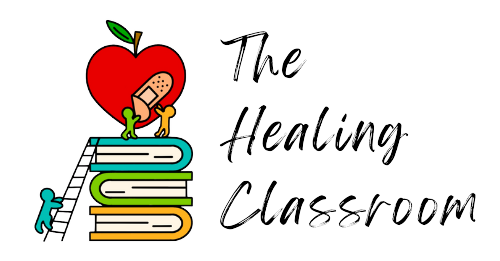The Importance of Collaboration: Families, Educators, and Healthcare Providers Supporting a Child’s Well-Being
Nurturing a child’s well-being takes a team effort. Families, educators, and healthcare providers all play crucial roles in a child’s emotional, academic, mental, and physical development. It’s important for all of these groups to understand their roles and work together to provide the best possible support for the child.
Families: The Foundation of Support
Families are the first and most important support system for a child. They offer love, stability, and care, providing a safe space where children can feel protected and supported. Parents and caregivers are the ones who know a child the best, and they can give valuable insight into the child’s needs, behaviors, and emotions. With consistent routines and ongoing emotional support, families play a key role in ensuring that a child’s needs are met at home, setting a strong foundation for their development.
Educators: Shaping Minds and Providing Guidance
Once children start school, educators become a significant part of their lives. Teachers spend a large portion of time with students, so they are often the first to notice any changes in behavior, mood, or performance. Educators have the ability to help shape a child’s mental and emotional growth, fostering a positive and supportive learning environment. To provide the best care, educators need to work closely with families and healthcare providers. By sharing insights, they can create an environment that supports the child’s unique needs and helps them grow both academically and personally.
Healthcare Providers: Ensuring Health and Wellness
Healthcare providers are vital in keeping children healthy and strong, both physically and mentally. Whether it’s managing chronic conditions, supporting mental health, or promoting general wellness, healthcare professionals ensure that children are in the best condition to succeed in life. By communicating with families and educators, healthcare providers can better understand the child’s overall needs. This collaboration helps them offer the right treatment and care to support the child’s well-being.
The Power of Working Together
When families, educators, and healthcare providers work together, they create a powerful network of support for the child. Each group brings valuable knowledge and insight to ensure the child’s well-being in every aspect of life. Active communication and teamwork are key to helping the child thrive emotionally, academically, and physically.
Ultimately, the success of a child depends on how well these three groups collaborate. When families, educators, and healthcare providers work as a team, they provide a strong support system that helps the child reach their full potential.
Reflecting for the Future:
How can you, as a parent, educator, or healthcare provider, actively improve communication and collaboration with the other support systems in a child’s life to ensure they receive the best possible care and guidance?
Reflect on specific ways you can contribute to a stronger partnership, whether it's sharing more insights, attending meetings, or offering support to one another in a child's growth journey.
This diagram shows the intersection of healthcare, education, and families, highlighting how each contributes valuable insights and support to promote a child’s well-being.

